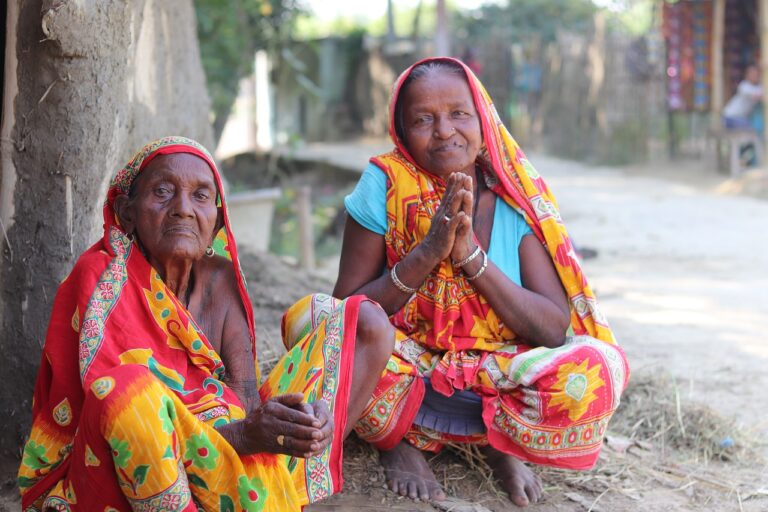Campaign Volunteer Coordination in Crisis Situations: 11xplay, Tigerexch247 login, Booki bet
11xplay, tigerexch247 login, booki bet: In times of crisis, such as natural disasters or public health emergencies, campaign volunteer coordination becomes even more critical. Volunteers play a crucial role in supporting relief efforts, spreading awareness, and connecting with communities in need. However, managing volunteers during a crisis requires a strategic approach to ensure effective coordination and maximize impact.
Here are some key strategies for campaign volunteer coordination in crisis situations:
1. Clear Communication: Communication is key in any volunteer coordination effort, but it is especially important during a crisis. Make sure volunteers are kept informed of the latest developments, safety protocols, and tasks at hand. Utilize communication tools like email, social media, and messaging apps to keep volunteers updated in real-time.
2. Volunteer Training: Provide volunteers with the necessary training and resources to be effective in their roles. This may include training on safety protocols, communication strategies, and specific tasks related to the crisis response. Ensure that volunteers are equipped to handle the challenges they may encounter in the field.
3. Task Assignment: Assign tasks to volunteers based on their skills, availability, and interests. Match volunteers with roles that align with their strengths to maximize their impact. Create a system for tracking volunteer assignments and monitoring progress to ensure tasks are completed efficiently.
4. Volunteer Support: Offer ongoing support and guidance to volunteers throughout the crisis response. Make yourself available to answer questions, provide feedback, and address any concerns that may arise. Recognize and appreciate the contributions of volunteers to boost morale and motivation.
5. Collaboration with Partners: Collaborate with other organizations, agencies, and community groups involved in the crisis response to streamline efforts and avoid duplication of resources. Build partnerships to leverage additional support, expertise, and resources to enhance volunteer coordination efforts.
6. Flexibility: Be prepared to adapt and adjust volunteer coordination strategies based on changing circumstances and emerging needs. Maintain flexibility in task assignments, communication methods, and volunteer roles to respond effectively to evolving situations during a crisis.
FAQs:
Q: How can I recruit volunteers for a crisis response campaign?
A: Utilize online platforms, social media, and community networks to spread the word about volunteer opportunities. Clearly communicate the need for volunteers and the specific roles available to attract individuals who are passionate about making a difference.
Q: What safety protocols should be in place for volunteers during a crisis?
A: Prioritize the safety and well-being of volunteers by implementing safety protocols such as training on emergency procedures, providing personal protective equipment, and monitoring health and hygiene practices. Stay informed of official guidelines and recommendations from health authorities.
Q: How can I maintain motivation and engagement among volunteers during a crisis?
A: Recognize and appreciate the contributions of volunteers, offer ongoing support and feedback, and provide opportunities for skill development and personal growth. Keep volunteers informed of the impact of their work and the progress being made in the crisis response efforts.
In conclusion, effective campaign volunteer coordination in crisis situations requires clear communication, training, task assignment, support, collaboration, and flexibility. By implementing these strategies and addressing common questions and concerns, you can optimize volunteer efforts and make a meaningful impact in times of need.







